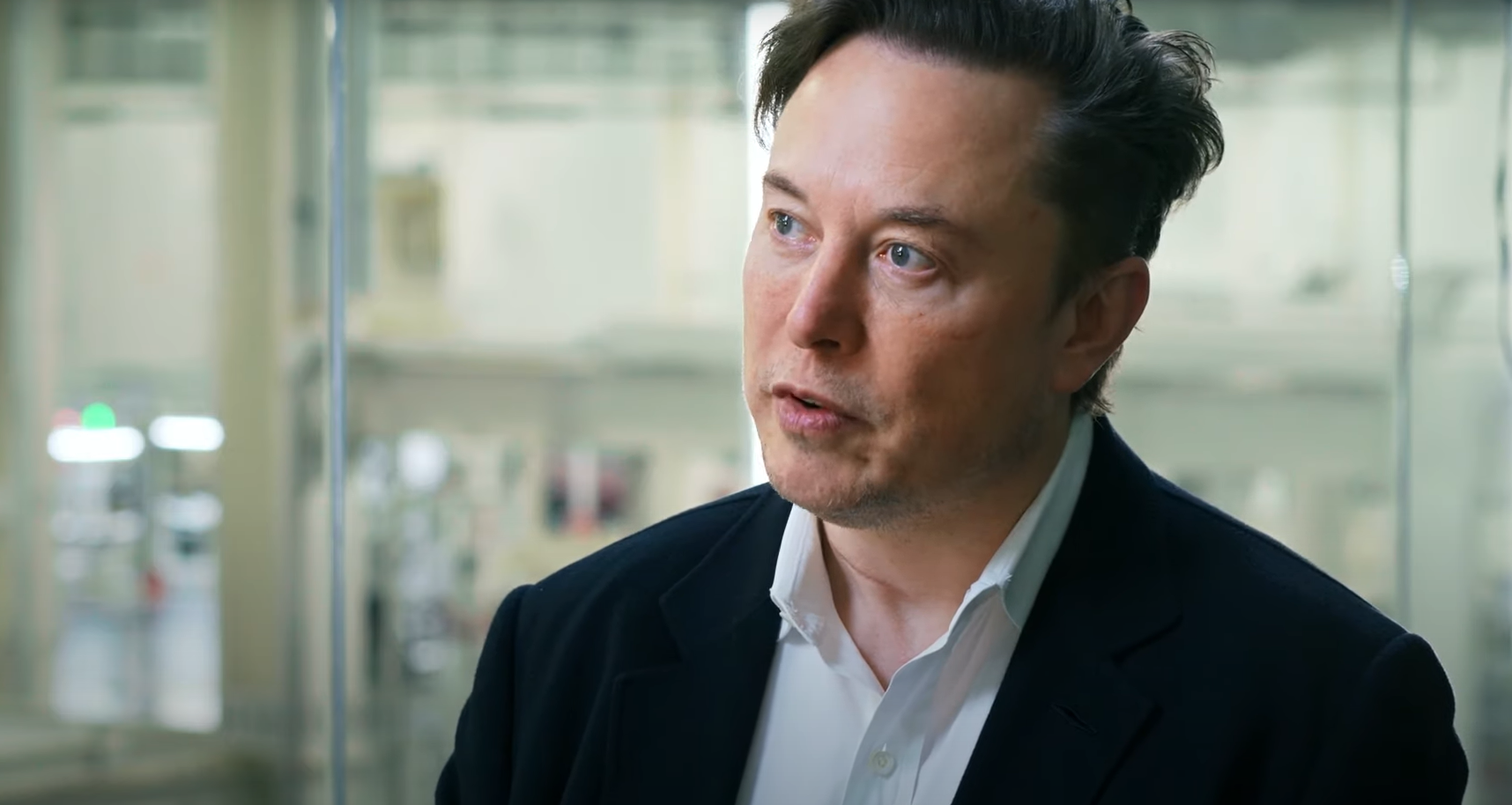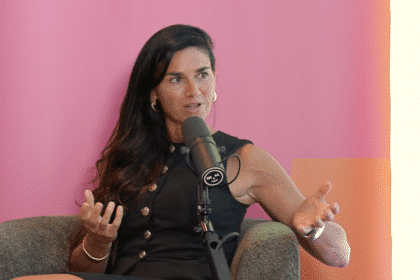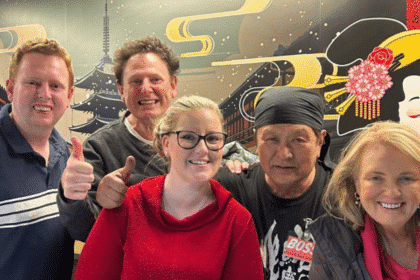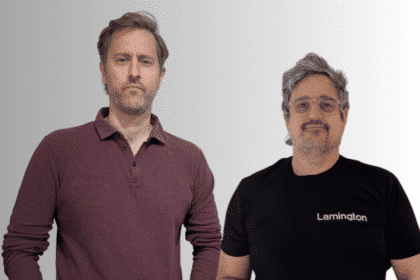In a whirlwind of tweets, statements and subpoenas, Elon Musk’s purchase of Twitter was on, then off and then back on again. However, while the news cycle tried to keep pace with Musk’s scatterbrain strategy for mergers and acquisitions, he also announced that buying Twitter would allow him to create “X” an “everything” app.
While the notion of an “everything” app might be unfamiliar to many westerners, perhaps the closest analogue currently existing is WeChat. The Chinese app allows users to message each, broadcast to many people and share photos and videos à la Instagram and TikTok. But, it also offers a range of other features that allow Chinese citizens to control almost every aspect of their lives.
Should Musk launch a western equivalent, it could prove a new dawn for marketers – making everything along the sales journey smoother and easier. However, if Musk takes the same top-down and vertically integrated approach he has with Tesla, it might prove extraordinarily difficult, perhaps impossible, for other brands to penetrate “X.”
What is an Everything App?
It is impossible to grasp just how central WeChat is to people’s everyday lives in China.
Aside from sending messages and photos, the app also lets users manage their online banking and some companies in China even use the Enterprise version of WeChat to help employees keep track of annual leave, expenses claims, make requests to their bosses and clock in and out at work.
WeChat, as with Facebook, Twitter, Google, et al, makes most of its money through digital marketing. Hospitals, banks, fashion companies and internet companies all use WeChat to market to potential customers.
If X does get built, it could prove a rich hunting ground for brands looking to access consumers and get them to convert quickly. Plus, with Tesla’s appeal to relatively well-heeled but young-ish drivers, it seems likely X would attract the same desirable demographic.
However, with WeChat’s great power comes, allegedly, great surveillance. WeChat’s parent company Tencent is obliged to share user data with the Chinese government. As a result, Beijing gets access to users text messages, contact books and location history.
Of course, there is nothing to suggest that Musk will be looking over your messages if X ever comes to light.
A Long Time Coming
Musk has seemingly always had a thing for the letter “X.” In fact, way back in 1999, he co-founded X.com, an early online bank. A year later, X.com merged with Confinity and changed name to PayPal. In 2002, eBay bought PayPal for $1.5 billion USD.
However, in 2017, PayPal sold the X.com domain back to Musk because, according to the South African, the domain had “great sentimental value.” There is currently nothing on the website save for a small “x” in the top left corner.
Thanks PayPal for allowing me to buy back https://t.co/bOUOejO16Y! No plans right now, but it has great sentimental value to me.
— Elon Musk (@elonmusk) July 11, 2017
Is it coincidental that Musk wants to start an app for everything called X? It seems unlikely.
A New Opportunity?
Could an “everything” app prove a boon for marketers and brands?
If one app could be used for social media, discovery, and for payments and banking, it stands to reason that it would be a hit for brands and companies. The journey down the sales funnel could be made significantly smoother and more straightforward, as consumers could do everything without ever leaving X.
But, if Musk’s previous business ventures are instructive, the reality might be less exciting. Tesla, for example, has a long and turbulent history with vertical integration. Rather than buying off-the-shelf components or developing the batteries and motors in conjunction with experienced industry players (as almost all traditional automotive companies do), Musk has demanded that everything be done in-house.
This has led to a range of problems for the company’s cars, ranging from battery fires, to inconsistent sensors, and even suspect roof attachment.
However, more pertinent for marketers, is the way that Musk has sought to bring the entire Tesla experience in-house. Tesla is starting to offer its own car insurance in the US, for example, and it utilises the vehicles range of tracking and telemetry equipment to help calculate premiums. What’s more, Tesla even offers range of wall-mounted batteries and solar panels for homes to help drivers stay in the company’s walled garden.
Whatever happens with X, it seems safe to assume that marketers and brands will need to play by Musk’s rules to make the most of it.








